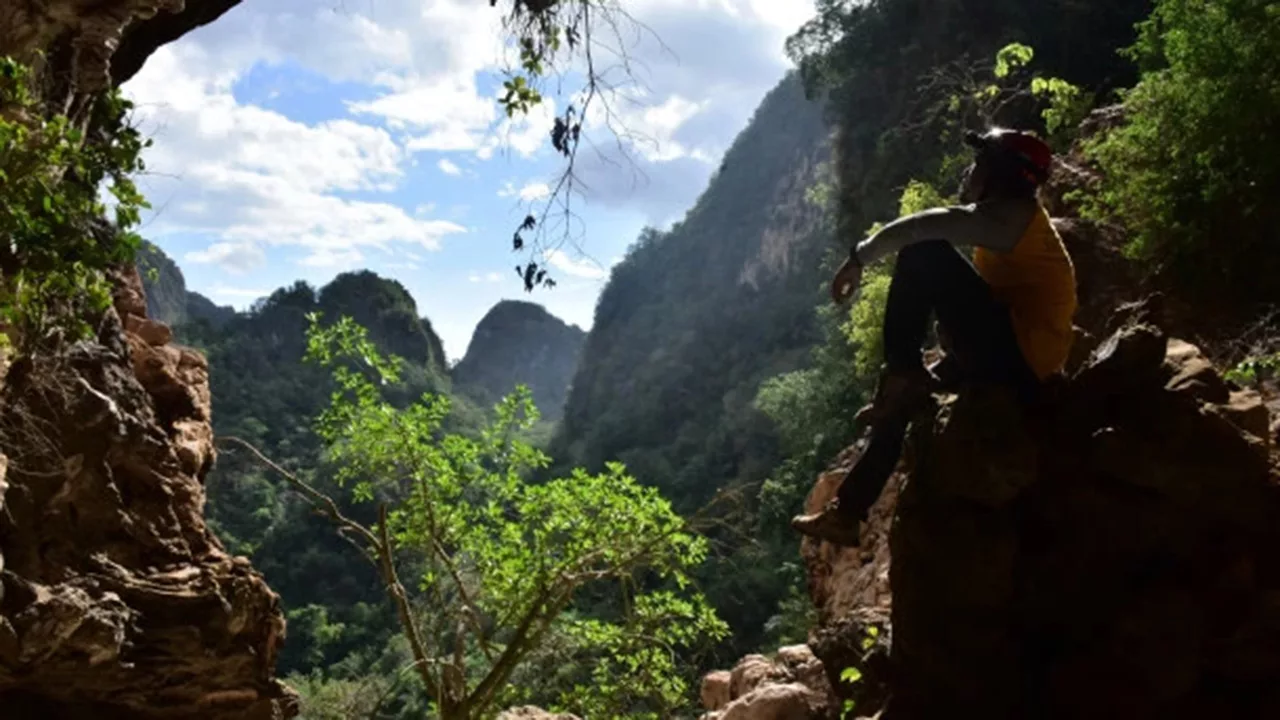A state-controlled cement manufacturer in Indonesia that Norway’s wealth fund owns an interest in has been placed under three years of monitoring due to what the fund describes as a “risk of damage” the company’s operations could cause to ancient cave paintings on the island of Sulawesi.
According to Norges Bank, which oversees Norges Bank Investment Management (NBIM), the largest sovereign wealth fund in the world, a Semen Indonesia (SMGR.JK) subsidiary runs a mine close to 18 caves in South Sulawesi that are home to some of the oldest artwork in existence.
According to Norges Bank on Thursday, recommendations from an ethics council served as the basis for the decision. “The background for the decision is unacceptable risk of damage on prehistoric and irreplaceable culture heritage,” the bank said.
Requests for comment from Reuters were not immediately answered by Semen Tonasa, a subsidiary of Semen Indonesia that conducts business in the South Sulawesi region.
According to Refinitiv statistics, NBIM is Semen Indonesia’s third-largest shareholder with 1.6% of the company’s outstanding shares valued at over $45 million as of the end of 2022.
Paintings in South Sulawesi caves are thought to be about 44,000 years old, making them the earliest known visual evidence of storytelling. Some, according to archaeologists, are decomposing quickly as a result of causes like salt erosion caused by climate change.
This Monday, UNESCO named the region a “global geopark,” designating it as a geologically significant environment that needs to be managed sustainably.
Norges Bank stated that Semen Tonasa “has no systematic monitoring of rock art sites” and that “a lack of oversight over the impact of the company’s operations constitutes a significant risk, given the outstanding cultural heritage which the rock art represents.”
The risk of degradation to the cave art is due to vibrations from drilling operations and dust from vehicles transporting raw materials

